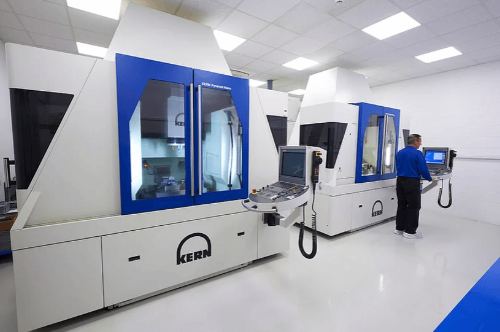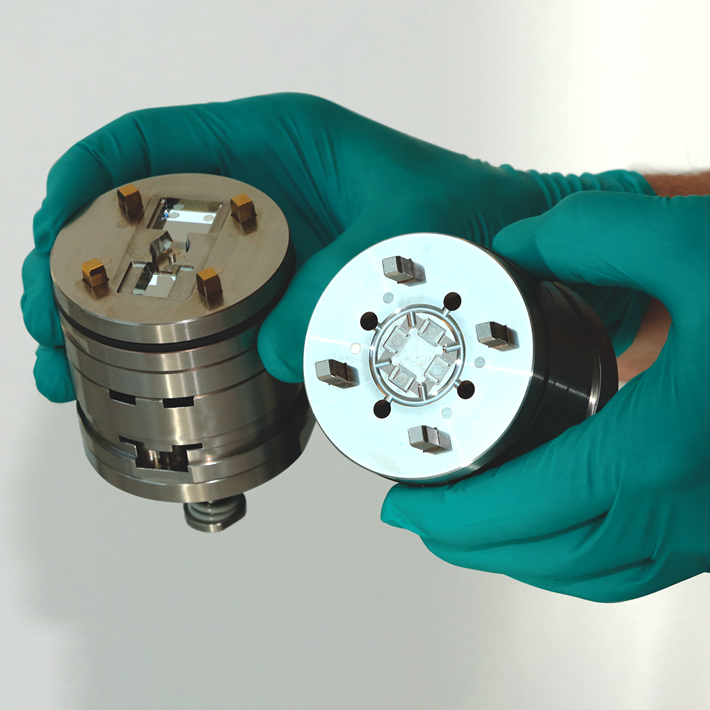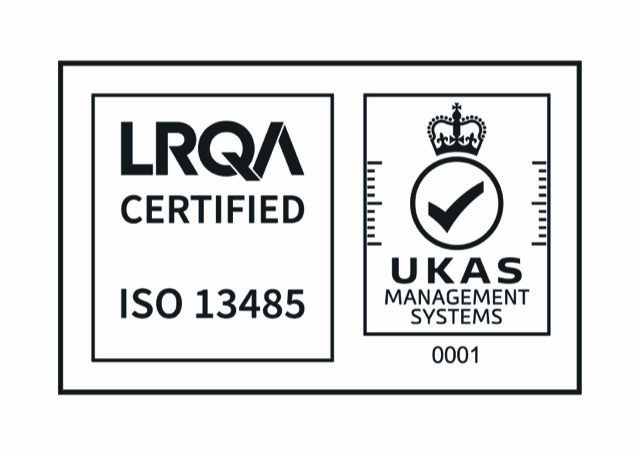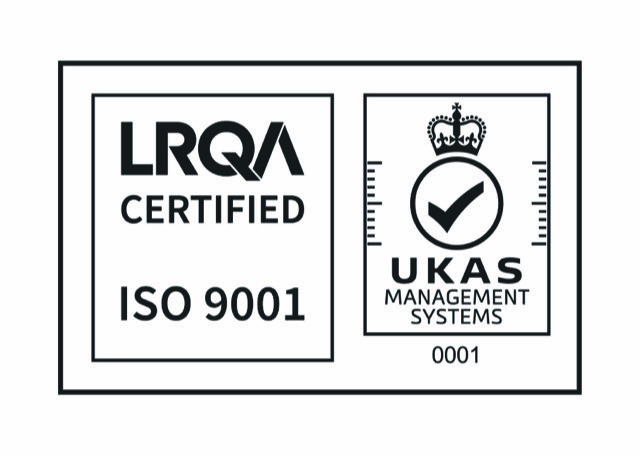PEEK micro moulding for medical implants
What is PEEK?
PEEK, polyether ether ketone, is a colourless organic thermoplastic polymer belonging to the polyaryletherketone (PAEK). PEEK is a semicrystalline thermoplastic that retains its high-temperature mechanical and chemical resistant qualities quite well. Due to its remarkable qualities and biocompatibility, Medical Grade PEEK is a high-performance thermoplastic that is becoming more and more popular in the medical sector.
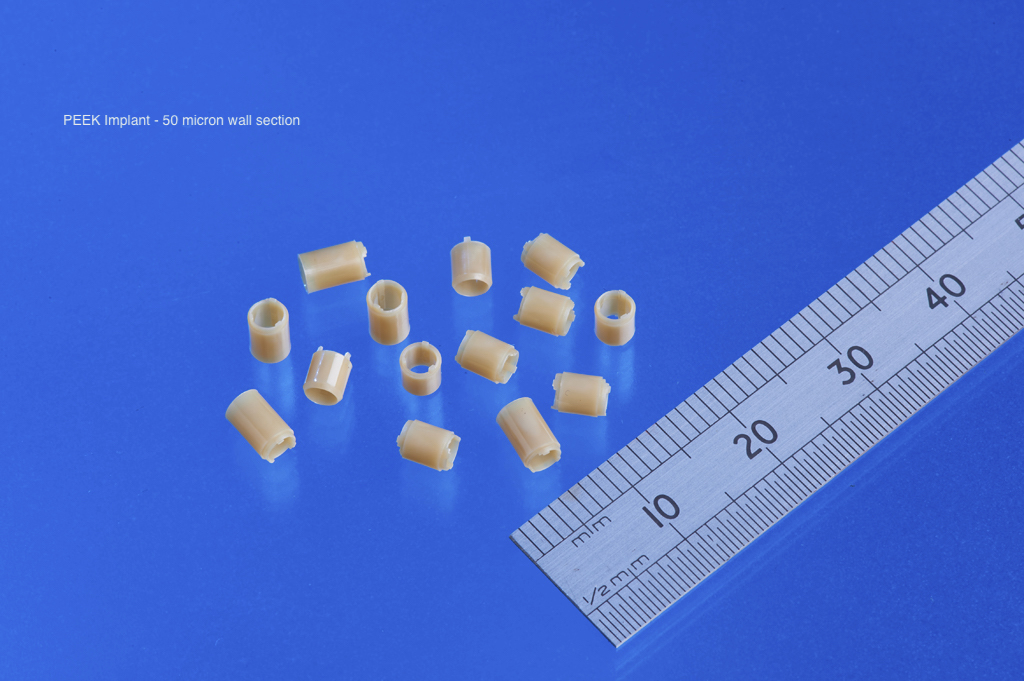
Photo: PEEK implants by Micro Systems
What are medical implants?
Artificially created devices, known as medical implants, are inserted into the body for extended periods of time and serve various medical functions. Medical implants are useful for restoring bodily function as well as for treating and monitoring medical problems.
Implants are medical prostheses designed to replace lost bodily components. Some implants support organs and tissues, monitor physiological processes, or administer medication. Depending on their purpose, implants may be permanent, such as stents and hip implants, or removable when no longer necessary, as seen with chemotherapy ports or screws used in bone fixation.
According to a recent report, the size of the global medical implants market is anticipated to increase at a compound annual growth rate (CAGR) of 7.20% from USD 111.33 billion in 2023 to USD 157.62 billion by 2028. The main drives come from the growing number of elderly people, the prevalence of chronic illnesses, the need for cosmetic dentistry, and the development of medical implants through technology.
PEEK and Medical implants
The usage of polyetheretherketone (PEEK), which can occasionally replace metal, is becoming more and more accepted for use in implanted devices. Compared to metals, PEEK has better biocompatibility and mechanical qualities (tensile strength and flex modulus). PEEK also offers improved load-bearing capacity and a lower risk of stress shielding because of its mechanical qualities, which are similar to those of human bone in terms of high strength, durability, and fatigue resistance. Additionally, PEEK is radiolucent, which enhances visibility in medical imaging to assess the bone’s healing process—for instance, during cancer surgery.
PEEK and Medical micro moulding
Micro moulding is a precise technique that creates parts of tight tolerance, extremely small size and precision. With its advantages in costing, precision, durability and sterilisation, micro moulding is a preferred technique for medical device production. However, with several challenges in moulding PEEK material, only certain micro moulders with extensive experiences in micro moulding could take on PEEK projects for medical purposes.
To gain registration in the US or Europe, medical devices intended for prolonged contact with bodily tissues must meet stringent quality standards. Micro moulders must not only demonstrate consistent quality assurance but also confirm the suitability of raw materials for their intended use. For example, the material properties of PEEK can be influenced by varying cooling rates during injection moulding, while the heat treatment’s duration and temperature directly impact the crystallinity of PEEK polymers, affecting their mechanical properties. Stabilising all relevant process parameters during micro moulding is essential to ensure the production of high-quality components for medical implants over an extended manufacturing cycle.
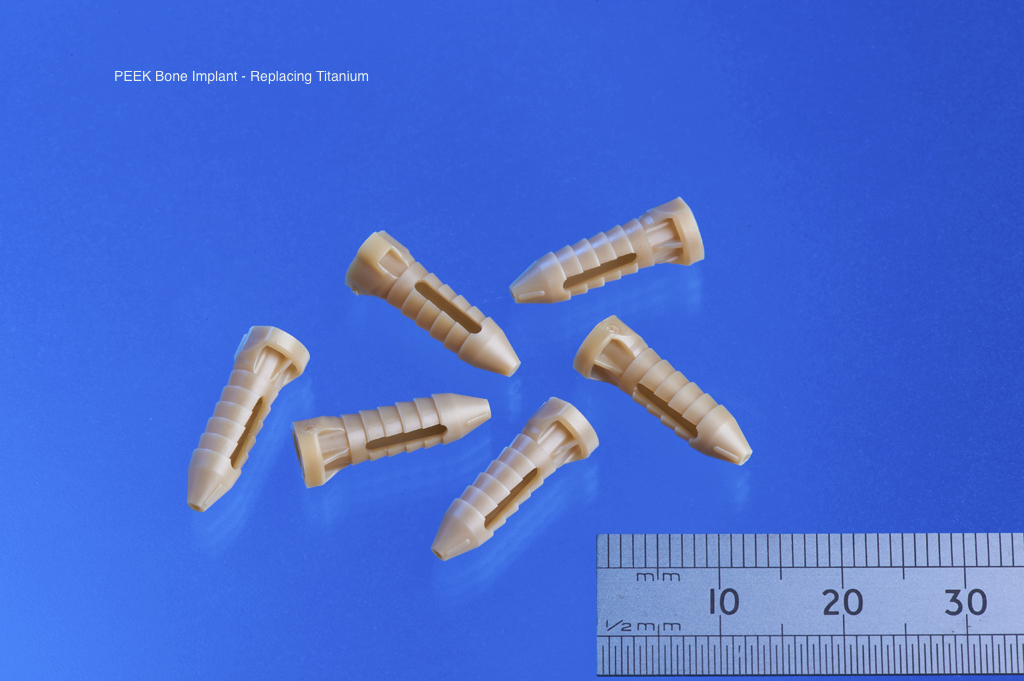
Photo: PEEK implants by Micro Systems
Some challenges in the PEEK moulding process can be addressed during the mould design phase. Controlling temperature and preventing thermal expansion are particularly challenging due to the high mould temperatures required to achieve crystallinity. The primary objective is to achieve dynamic thermal stability as quickly as possible, primarily by minimising the mould mass to the lowest feasible level.
Depending on the specific PEEK type and flow length, micro components with wall thicknesses below 150 µm can be produced. To ensure a reliable process, experienced micro moulders typically recommend selecting the largest feasible injection point size. However, for smaller components, there may be limited space to create an ideal gate. In such cases, gate point dimensions under 0.2 mm are critical and must be validated through real-world testing.
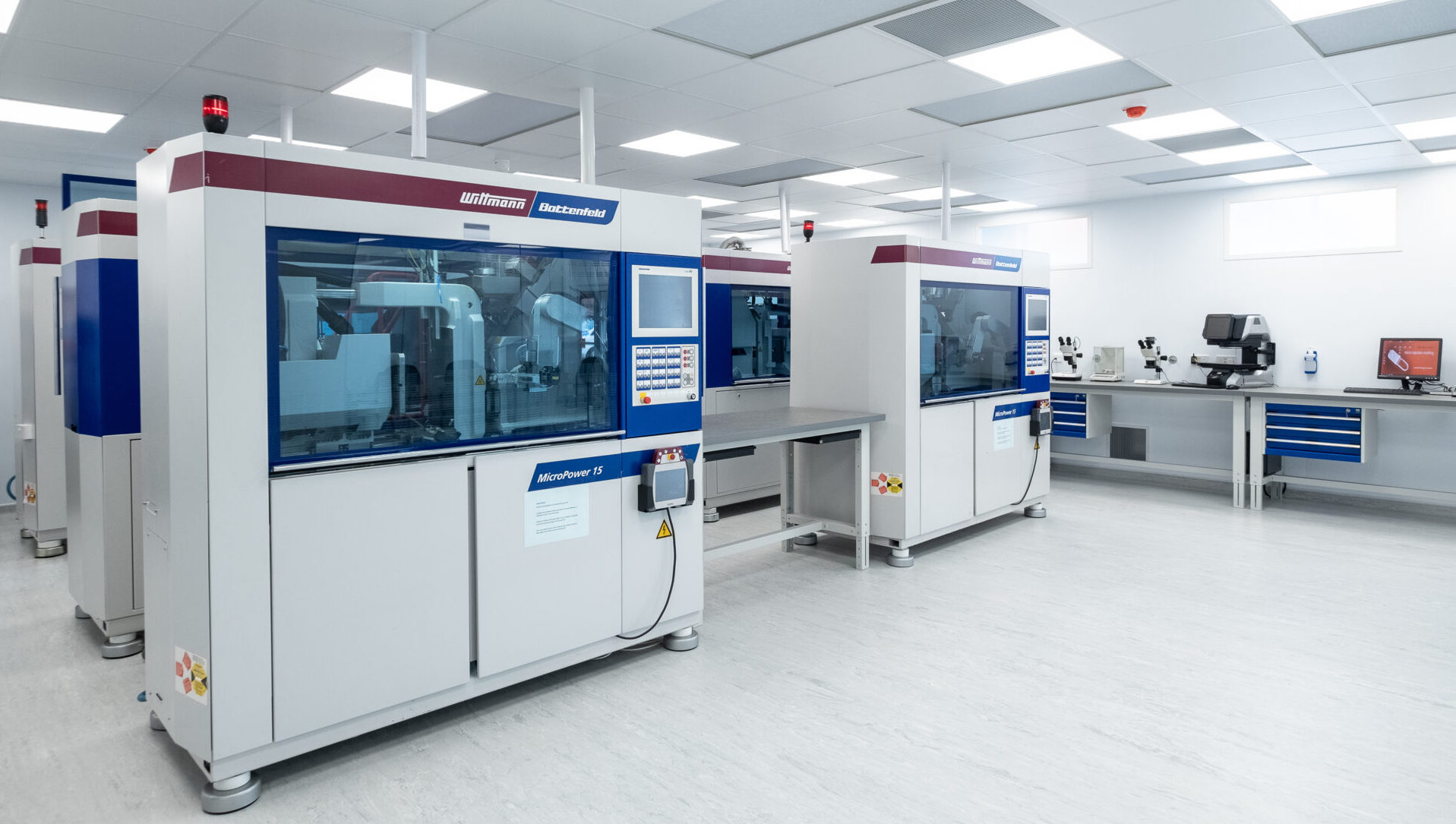
ISO Class 7 cleanroom facilities at Micro Systems for medical micro moulding
Micro Systems has extensive experience in processing PEEK for a broad spectrum of applications, from thin-walled components to those with up to 5 mm thickness, and weights ranging from 0.001 gram to over 1 gram. We provide expert support in design optimisation and mould refinement, ensuring the highest quality and most efficient production methods. With substantial investment in our in-house mould designers and machine operators, we understand that the quality of PEEK medical implants relies heavily on the operator’s skill and the precision of the moulds.
Micro Systems is an ISO 9001 and ISO 13485 certified subcontractor of high precision micro components. We specialise in the medical industry and offer a full range of services from part design to fully automated mass manufacturing. Micro Systems provides entirely automatically production in ISO Class 7 clean rooms in the UK using bioresorbable and high-temperature materials such as PEEK.
Contact us today to discuss your PEEK medical implants projects!

